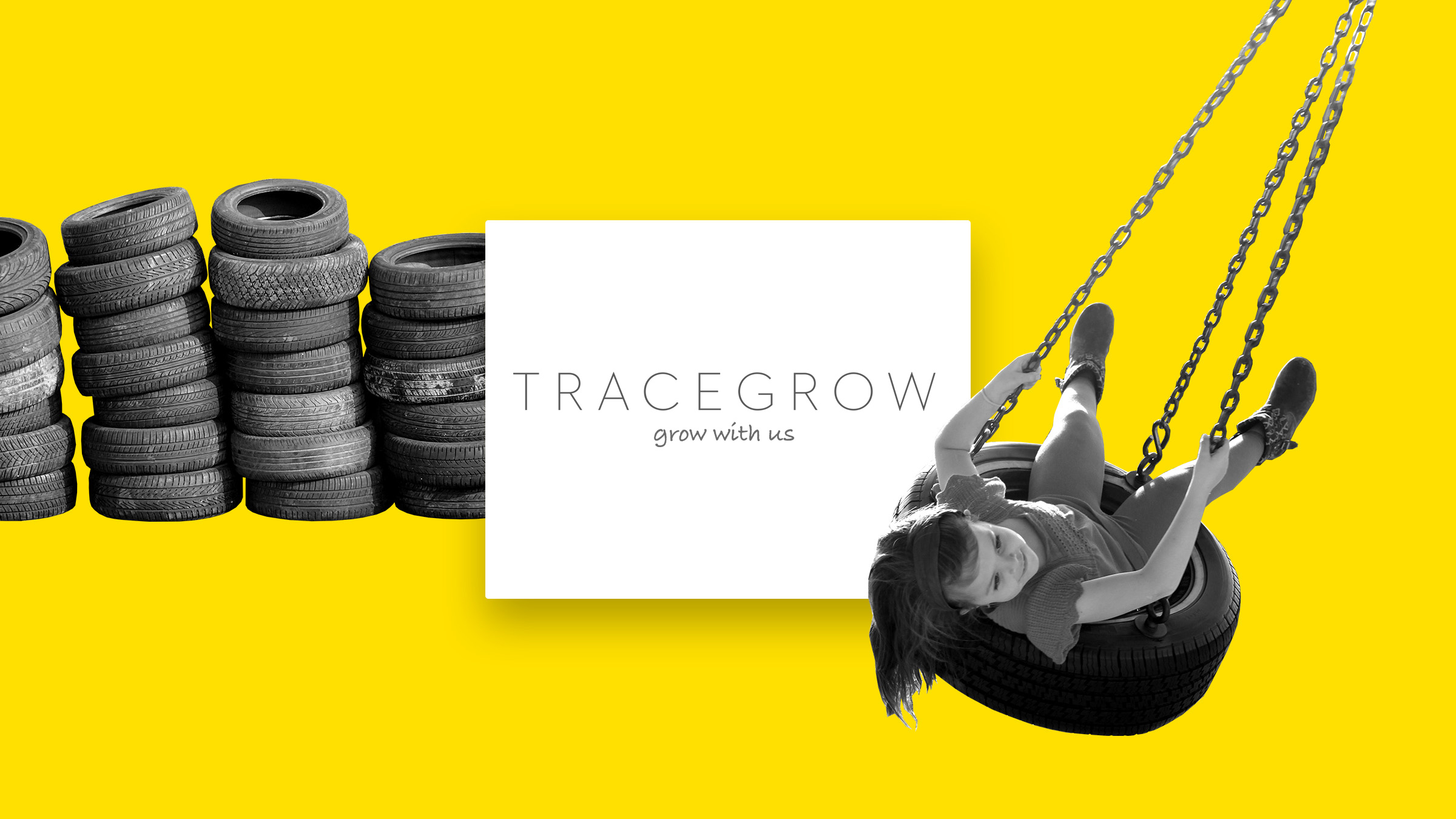Problem
Alkaline batteries often end up in landfills where they pollute the environment. They contain zinc and manganese, which are extracted as non-renewable virgin resources by mining and refining. Refineries and end-product technologies require expensive investments. The sorting and recycling of alkaline batteries disposed of by consumers generates vast volumes of alkaline mass. The mass contains manganese and zinc, which are difficult and expensive to recover with current methods.
Solution: a new technology for the processing of used alkaline batteries to produce agricultural nutrients
Alkaline batteries are collected, sorted and crushed. The new technology developed by Tracegrow enables the recovery of a mineral compound which contains zinc, manganese, sulphur and potassium. The mineral is diluted and spread onto fields in conjunction with irrigation or pesticide application to give crops a boost. Global population growth and the loss of arable land mean that increasingly high yields will be required. The manganese–zinc mineral compound manufactured from recycled material is an efficient and environmentally friendly solution.
Revenue logic and benefits to Tracegrow
The mineral product can be offered to a growing market: the value of the global market is estimated to reach €13 billion by 2021. The sale and licensing of technologies will represent a significant part of the business.
Benefits to customers
Minerals produced from recycled materials are an environmentally friendly and competitively priced alternative. Their use in agriculture is environmentally more responsible and thus good for image. Virgin manganese reserves are limited, and the availability of recycled manganese will help to protect against highly fluctuating prices and ensure price stability.


















Recommended
Have some more.